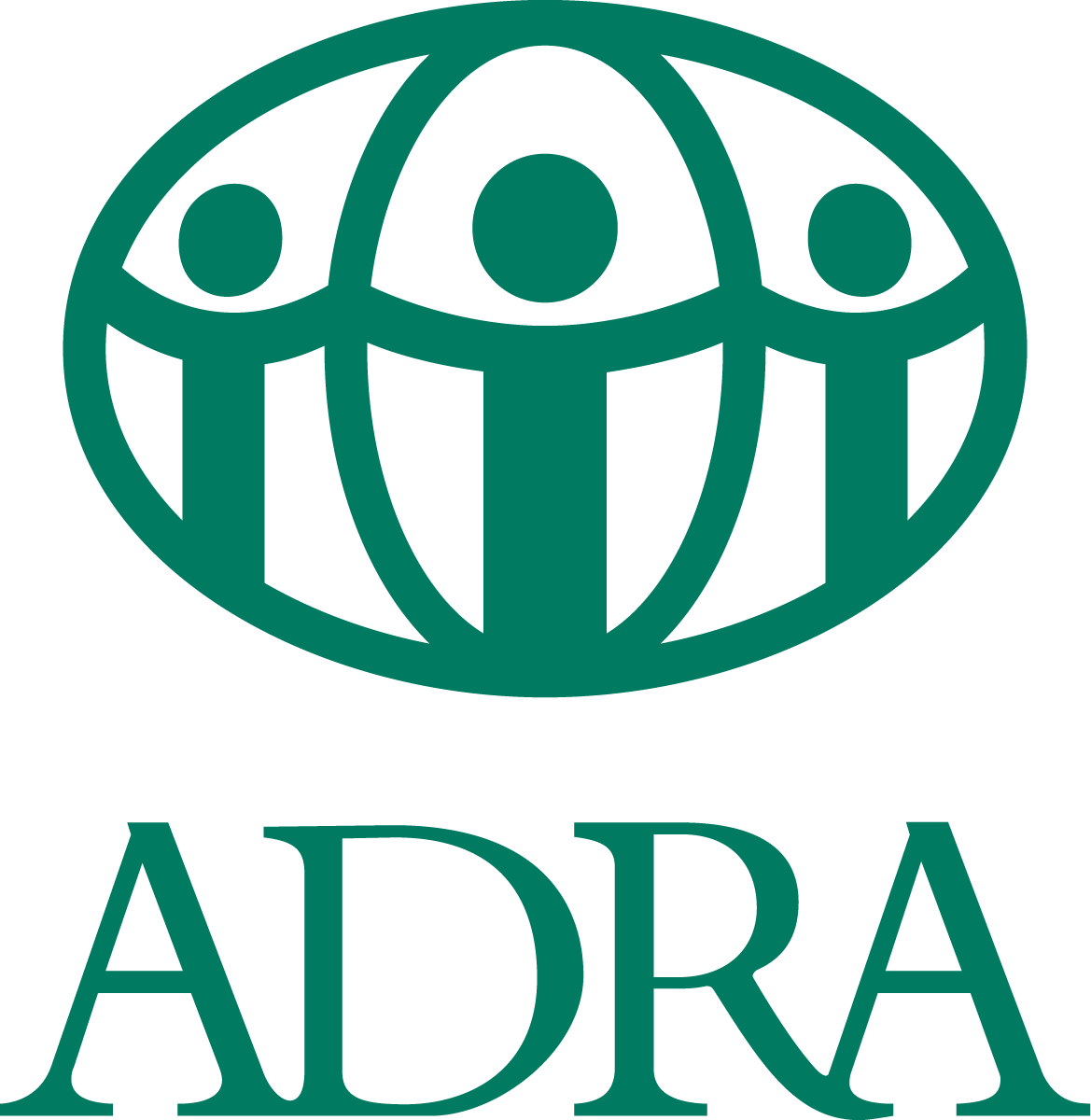Peter Edmondson, a veterinarian who runs UdderWise-Global Mastitis Solutions in the United Kingdom, visited the TERAI project from 9 to 18 September 2024. He observed the support of AI infrastructure and sexed semen provided by the TERAI project at Banganga Municipality for improving the AI service system and local breeds. Peter also visited four smallholder dairy farms and three large commercial farms to understand the existing dairy production systems at the project sites. He observed the AI handling practices by local technicians at Banganga Municipality. Additionally, he observed the milk collection and processing systems of Banganga Dairy Cooperatives in Banganga Municipality, Sana Kisan in Kanchan Rural Municipality, and Nawa Kiran Agricultural Cooperatives in Sainamaina Municipality.
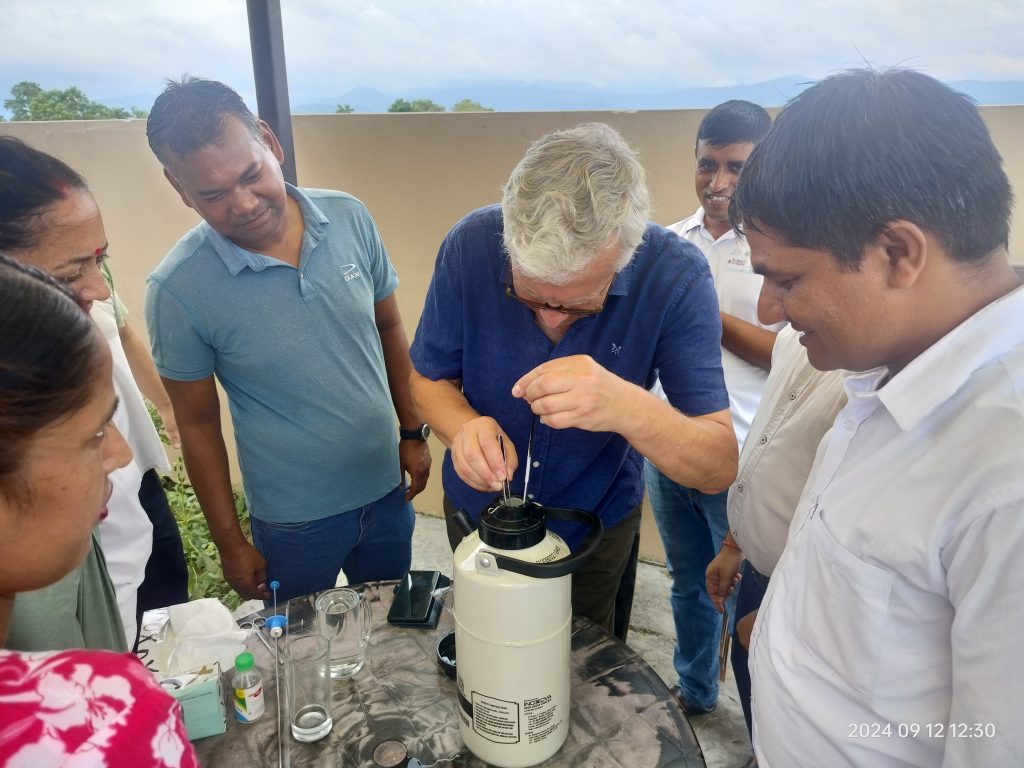
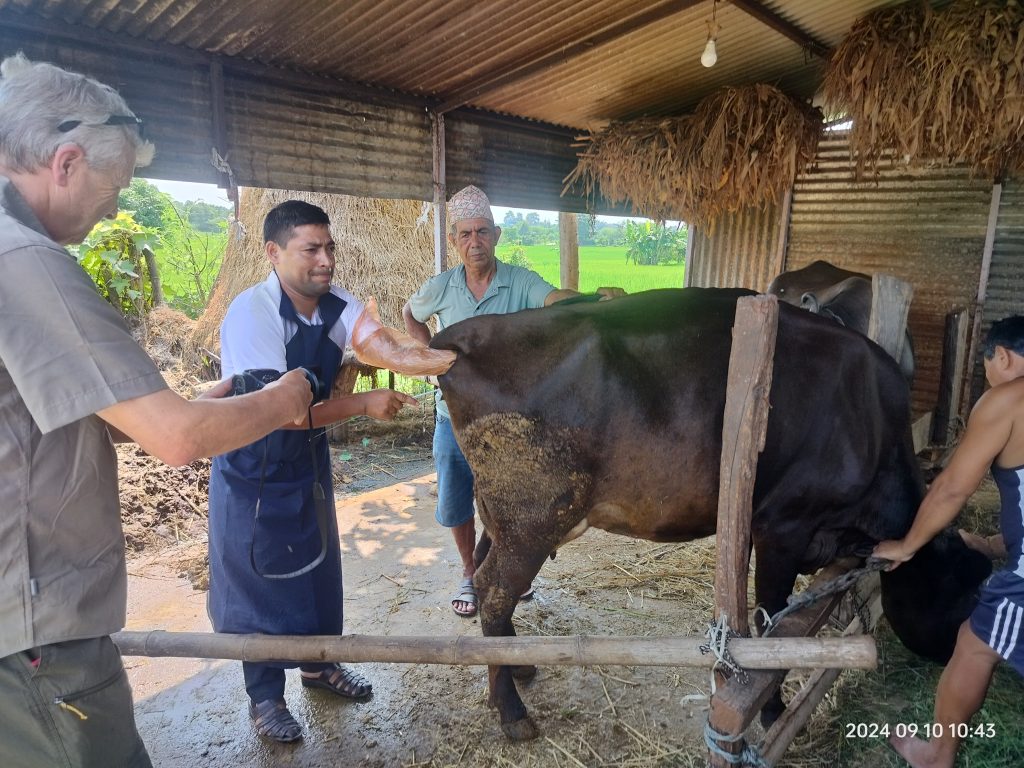
Considering the issues in AI handling and quality milk collection and processing, Peter facilitated three one-day technical training sessions for 21 private and eight government technicians from all four municipalities. He provided knowledge and skills on AI handling procedures through pictures, videos, and practical demonstrations. The main topics covered in the training were proper heat detection, preparation of animals, thawing of semen straws, and the correct method and location for semen deposition in the cervix. After the theoretical session, the technicians practiced AI handling on animals that had come into heat at the dairy farms. Participants were pleased to learn the correct way to thaw semen straws and the proper duration for the process. Peter provided valuable feedback and suggestions on issues raised by participants, such as delayed heat, repeat breeding, infertility, frequent heat, and blood in mucus.
Peter also facilitated three technical training sessions for cooperatives at Kanchan, Banganga, and Sainamaina Municipalities. He provided technical information on bacterial contamination at the farm and collection center levels. The major sources of bacterial growth are poor farm environments (manure, dirty udders and teats, and milking pots), cow mastitis, and unclean farm tools and equipment. He demonstrated proper washing procedures for equipment and tools used on farms and in collection centers. To ensure proper hygiene, he recommended using detergent powder with hot water to remove dirt and rinsing every part of the equipment with hot water. After washing with detergent, he suggested rinsing with disinfectants like peracetic acid to kill all germs inside milking pots and tanks.
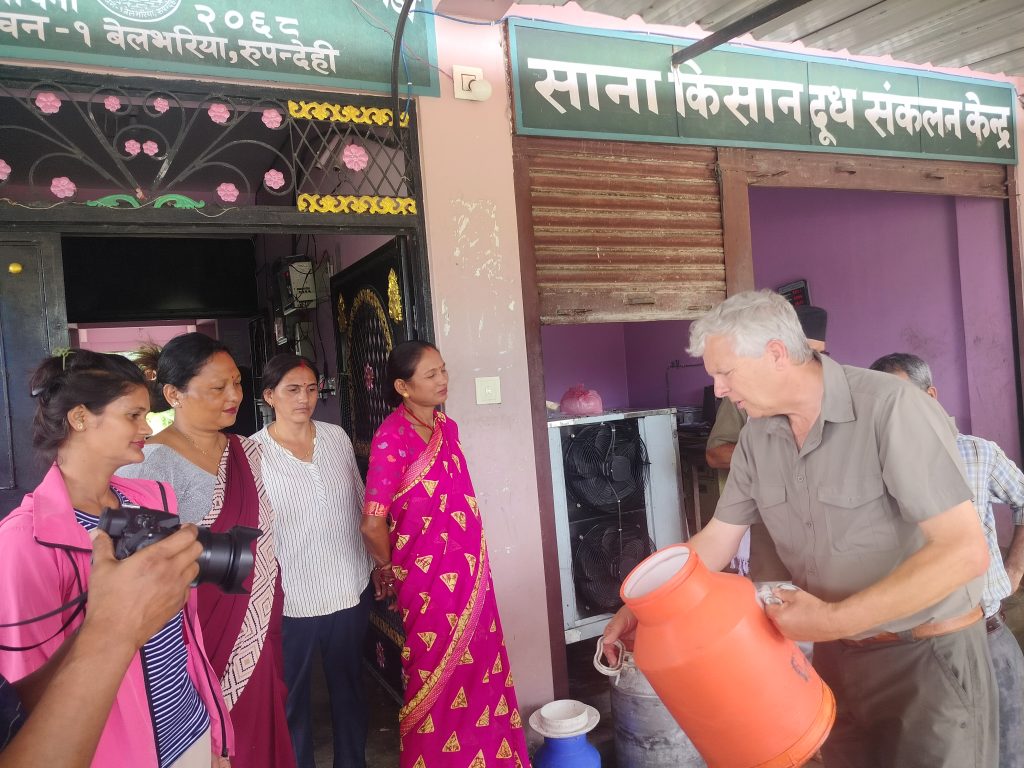
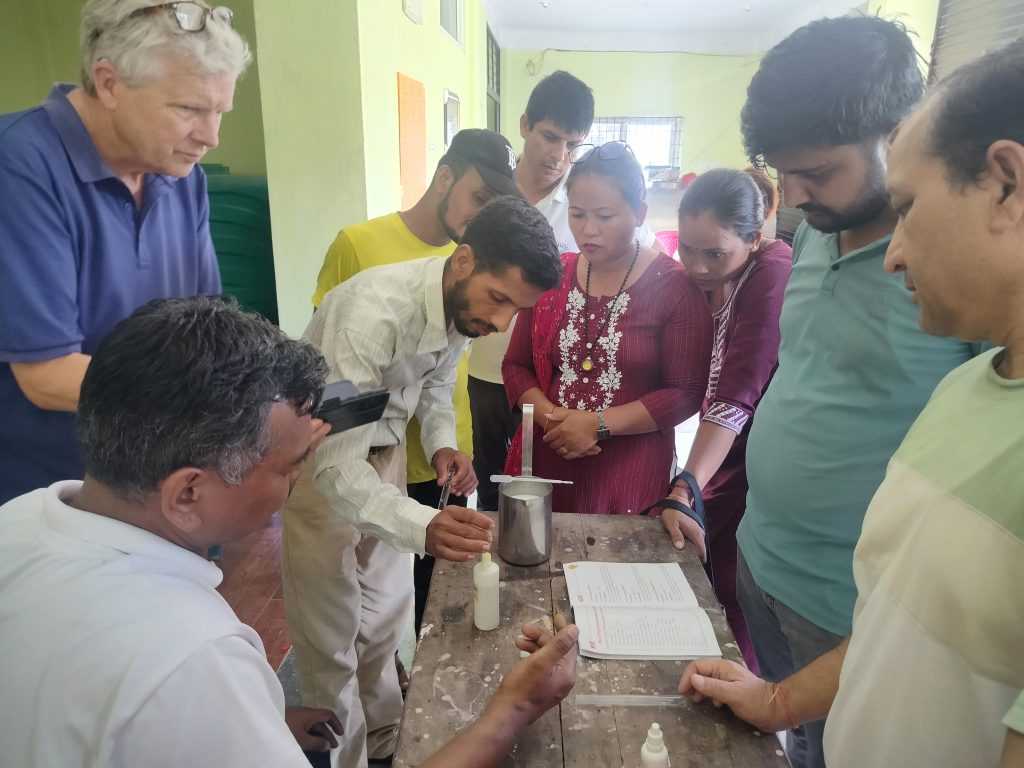
Additionally, Peter explained various milk tests, such as those for urea, sugar, alcohol, detergent, and starch, to check the quality of milk and detect milk adulteration at the collection center. To learn about these tests practically, participants carried out a urea test on both fresh milk and urea-mixed milk. The cooperatives found this training very helpful as they learned techniques for maintaining proper hygiene and quality control at the collection centers. They can now check for milk adulteration and contamination by urea, sugar, detergent, and starch in the milk provided by farmers.
The training was extremely useful for AI technicians, giving them practical knowledge on the correct deposition of semen in the cervix, animal preparation, hygiene, and the proper semen thawing procedure. Technicians will now be able to follow the correct protocol for AI handling in the future, which should help increase the success rate of AI and conception. Similarly, cooperatives gained practical knowledge and skills on maintaining hygiene at dairy farms and collection centers to prevent bacterial growth. They also learned about different milk tests to identify the quality of milk and detect adulteration at the farm level. Participants said the training will help them supply high-quality milk to consumers and reduce the negative health impacts caused by milk adulteration practices.
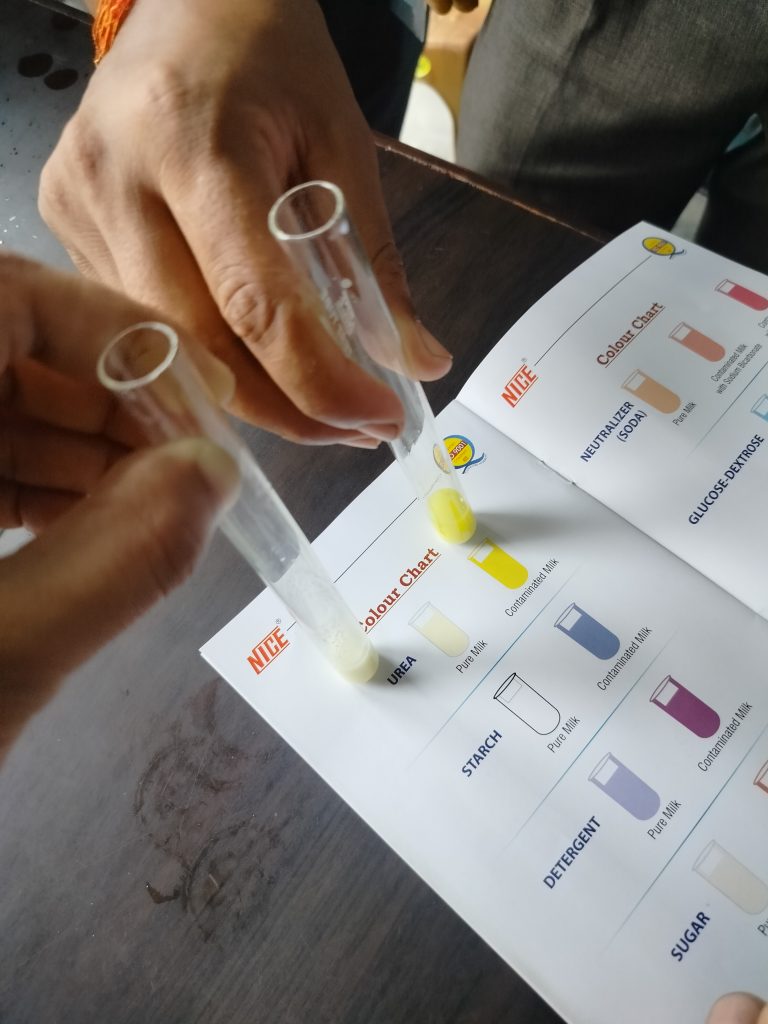
ADRA Nepal is implementing the TERAI Project in partnership with FORWARD and IRDC Nepal in Sainamina Municipality and Kanchan Rural Municipality of Rupandehi District and Budhabhumi and Banganga Municipality of Kapilvastu district. The Project is funded by Jersey Overseas Aid and ADRA UK. It aims to improve the sustainable livelihoods of smallholder farmers through improved milk production practices, AI and extension services, processing and marketing and breed management. In addition to this, the project is also contributing to the dairy systems in various ways at municipal, provincial and national levels.
